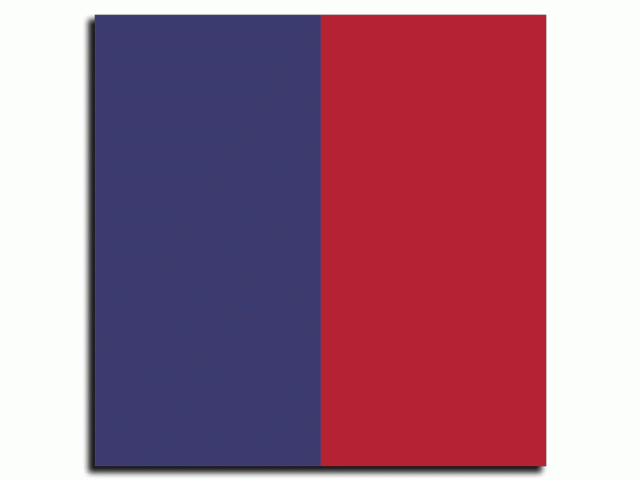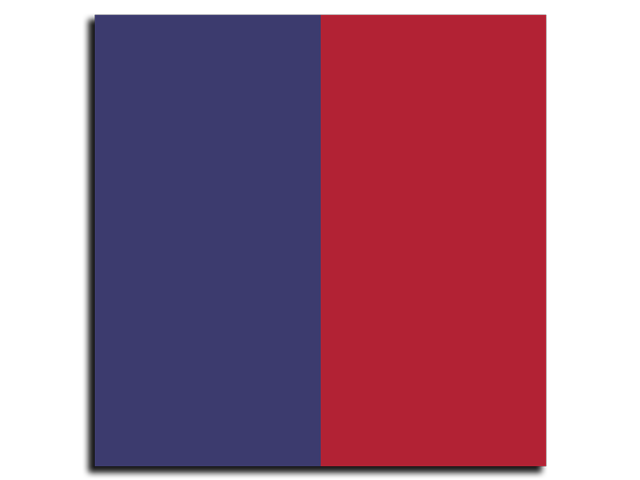An Urban's Rural View
We're Even More Divided Than We Thought
The "right" thinks this, the "left" does that. Our nation's polarized politics are often described in binary terms, as if there was a monolithic right and a monolithic left and the only division was between the two.
Certainly each side talks about the other this way. When I'm with my rural, heavily Republican friends, I often hear references to "the left" or "the liberals," with the occasional addition that they're all Socialists. When I'm with my urban, heavily Democratic friends, I hear about "the right" or "the conservatives," some of whom are believed to be fascists.
Unfortunately, categorizing (and disparaging) the other side this way not only makes dialogue across the aisle difficult. It obscures the significant points of disagreement within each of the camps.
Depending on the issue, people of the left and right have more than a few things in common. If they appreciated that, they might more often find allies on the other side.
The un-monolithic nature of both camps is the theme of a new study by the Pew Research group titled "Beyond Red and Blue." (https://www.pewresearch.org/…) It's based on a July 2021 poll of 10,221 Americans, an unusually large sample size, plus interviews with some of those polled.
Pew found nine distinct ideological groups -- four on the left, four on the right and one, the "Stressed Sideliners," a mixture characterized mostly by minimal interest in politics. The study's subtitle summarized its findings: "Even in a polarized era, deep divisions in both partisan coalitions."
Some of those divisions are striking:
P[L1] D[0x0] M[300x250] OOP[F] ADUNIT[] T[]
-- In three of the Republican-coalition groups, more than 70% think "Most corporations make a fair and reasonable amount of profit." But in the fourth, the "Populist Right," only 17% agree, a smaller percentage than in three of the four Democratic-leaning groups.
-- Among "Faith and Flag Conservatives," 75% believe "Government policies should support religious values and beliefs." Less than 30% of those in the other three Republican-leaning groups agree.
-- Some 68% of "Committed Conservatives" and 61% of the "Ambivalent Right" hold that "In foreign policy, the U.S. should take into account the interests of its allies even if it means making compromises with them." Only 15% of "Faith and Flag Conservatives" and 27% of the "Populist Right" agree.
-- Two of the Democratic-coalition groups, the "Progressive Left" and the "Outsider Left," say, by margins of 71% and 63%, that "Most U.S. laws and major institutions need to be completely rebuilt because they are fundamentally biased against some racial and ethnic groups." Only 29% of "Establishment Liberals" and 38% of "Democratic Mainstays" agree.
-- Fully 73% of the "Progressive Left" and 55% of the "Outsider Left" say "The fact that there are some people in this country who have personal fortunes of a billion dollars or more is a bad thing for the country." Only 39% of "Establishment Liberals" and 29% of "Democratic Mainstays" think that.
-- Asked if "Spending on police in your area should be decreased," 48% of the "Progressive Left" and 41% of the "Outsider Left" say yes, but only 22% of "Establishment Liberals" and 11% of "Democratic Mainstays."
Pew's 169-page study report describes the nine groups in detail. "Faith and Flag Conservatives" are the oldest of the nine groups, overwhelmingly Christian and very active politically. The "Populist Right" is among the groups least likely to be college educated and are "among the highest share rural." These two groups account for 46% of the Republican coalition, 23% each.
"Committed Conservatives" are the most educated Republican group and very politically active; they're conservative on most issues, especially economics. The "Ambivalent Right" is conservative on issues like the size of government but more moderate on immigration and some social issues. These latter two groups each represent 18% of the Republican coalition.
The "Progressive Left" accounts for only 12% of the Democratic coalition but is the most politically active group. The "Outsider Left" represents 18% and is the youngest of all nine groups but "among the least politically active." The "Democratic Mainstays" at 28% are relatively less educated but the most racially and ethnically diverse group. "Establishment Liberals," 23%, are highly educated, highly politically engaged and fairly diverse racially and ethnically.
On many issues, to be sure, the differences between the two coalitions are much bigger than the differences within each coalition. Take racial injustice. Among the Democratic groups, 70% or more say much more needs to be done to ensure equal rights. In none of the Republican groups did even 25% concur.
As you'd expect, Democratic groups overwhelmingly favor a larger government while Republican groups overwhelmingly favor a smaller one.
And there is an urban-rural divide, of sorts. Among the Democratic groups, about 10% to 20% live in rural areas, while among the Republican groups it's 30% to 40%.
But even on fundamental questions like the size of government there are internal divisions. While all Democrats want a bigger government, 63% of the "Progressive Left" favors greatly expanded government services, while only about a third of the other Democratic groups go that far.
Those internal differences can make a difference. For example, only two of the nine groups -- "Faith and Flag Conservatives" and the "Populist Right" -- want a bigger U.S. military. The rest don't. Therein lies the basis for a left-right coalition.
If we could drop the disparaging stereotypes and appreciate that those who disagree with us on some issues might agree on others, many more such coalitions are imaginable. Our politics would be healthier if that happened.
Urban Lehner can be reached at urbanize@gmail.com
(c) Copyright 2021 DTN, LLC. All rights reserved.






Comments
To comment, please Log In or Join our Community .